When I stepped off the ferry onto the vibrant streets of Macau I had entered a completely different place, where the echoes of centuries of Portuguese influence mingle with the dazzling lights of a modern gambling metropolis. Macau is unique compared to its neighbor less than 40 miles away, holding a captivating story etched in its architecture, cuisine, and even its new towering casinos. In this week’s post, I’ll share with you some of Macau’s rich historical narrative, revealing its colonial legacy and its profound impact on the city’s identity. From the old churches that whisper tales of bygone eras to the shimmering MGM Macau, we’ll explore the layers of history, past and present, that have shaped Macau. My goal is to uncover for you the contemporary allure of this dynamic city, feeling much more like Mainland China than its British-influenced neighbor, revealing how Macau seamlessly blends its historical roots with a forward-looking spirit.
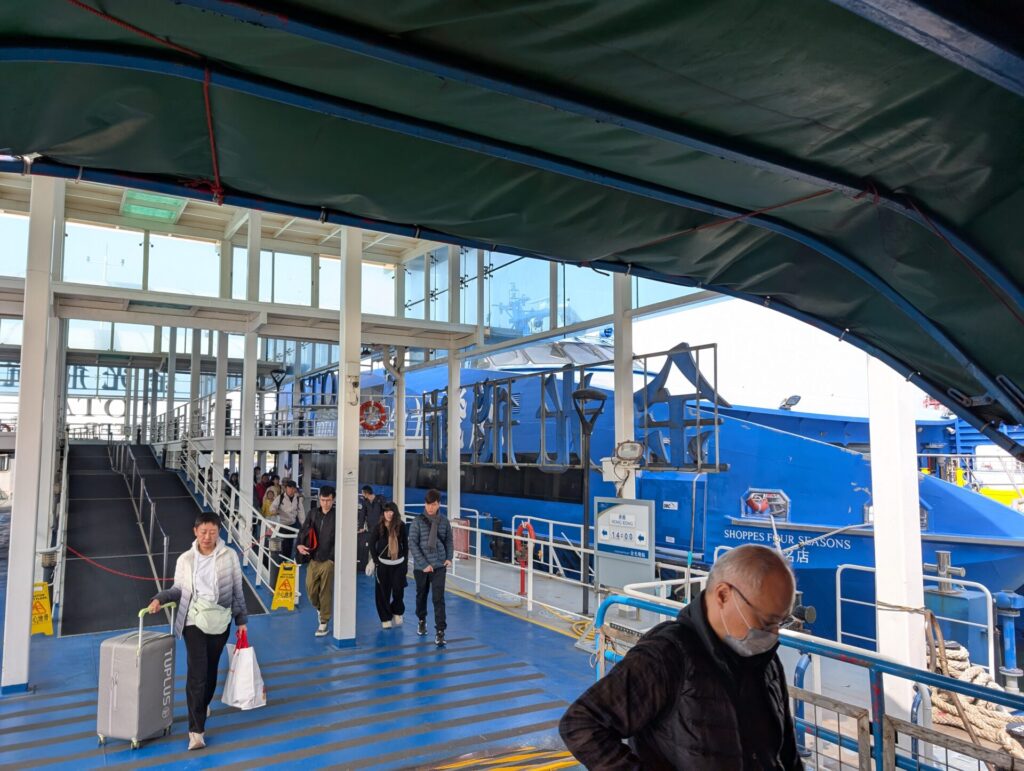
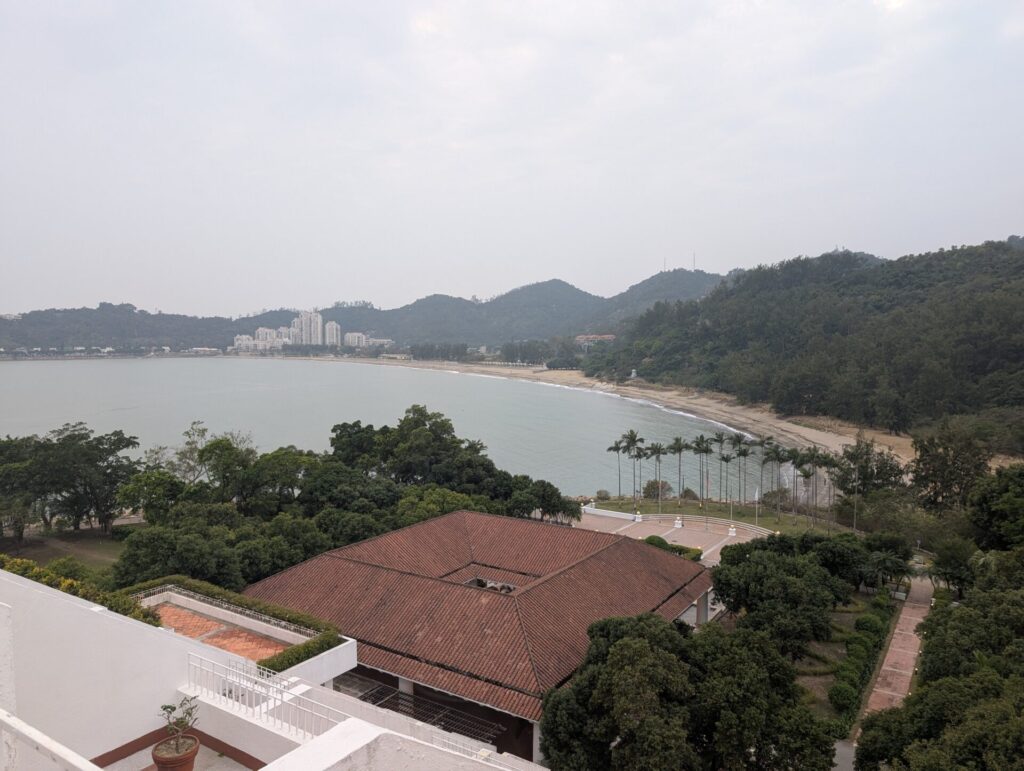
Macau’s history is a captivating blend of Eastern and Western influences, primarily shaped by its unique status as a Portuguese colony from the mid-16th century until 1999. This long period of Portuguese administration has left an enduring mark on the city’s architecture, culture, and cuisine, evident in its well-preserved colonial buildings and the harmonious fusion of Portuguese and Chinese traditions. The Historic Centre of Macau, a UNESCO World Heritage site, showcases this rich heritage through landmarks such as the Ruins of St. Paul’s, a grand 17th-century church façade, and the A-Ma Temple, a traditional Chinese temple predating the Portuguese arrival. These sites symbolize the complex historical legacy of colonialism, and ultimately, the city’s eventual return to Chinese sovereignty, reuniting it with its cultural heritage.
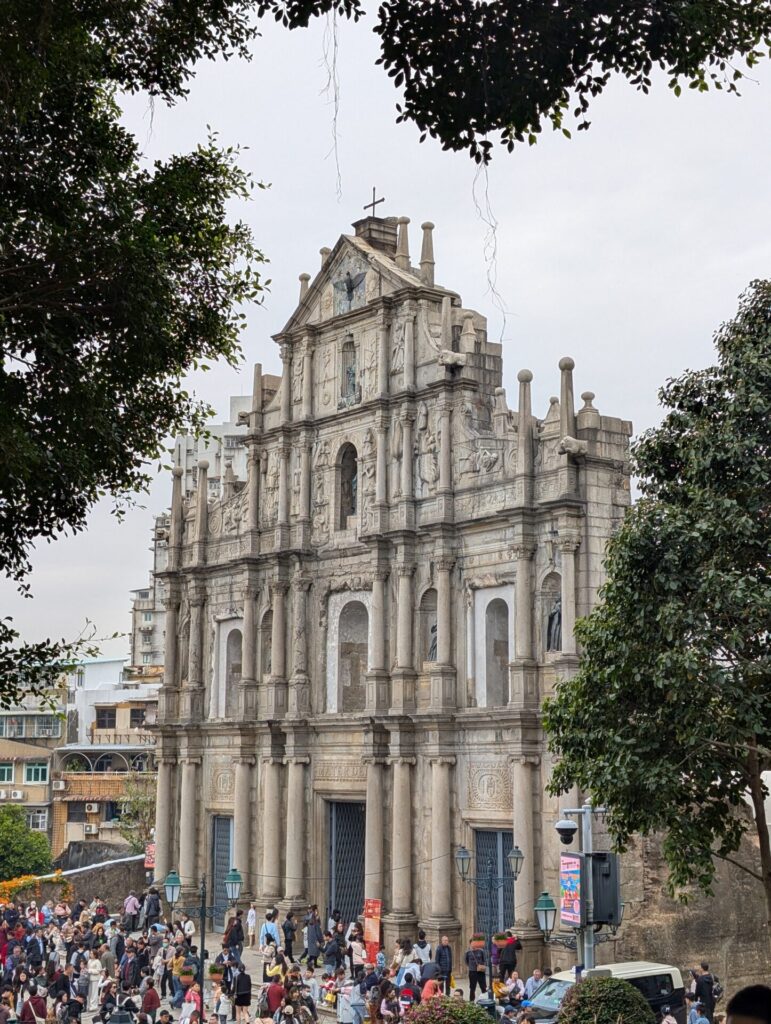
When I was in Macau I couldn’t help but feel that its historical trajectory shares striking parallels with that of Hong Kong. In both cities, I found that the enduring influence of European culture is palpable, and woven into the fabric of daily life. I perhaps most delightfully observed this through their culinary traditions, where the fusion of East and West creates unique and delectable experiences. In Macau, as I savored a traditional Portuguese meal amongst the older European-style buildings, with its rich flavors and vibrant spices, I thought about how my meal itself was a tangible connection to the city’s past. Likewise, the refined elegance of a European-style afternoon tea enjoyed in a luxurious resort in either city stands as a testament to the lasting cultural exchange. However, you may notice another theme: since the resumption of Chinese sovereignty, both Macau and Hong Kong have witnessed rapid transformations, marked by significant economic development and modernization. In Macau, this has manifested in the rise of world-class casinos and resorts, the expansion of modern public transit systems, and a burgeoning entertainment scene, all contributing to the city’s dynamic and evolving identity, which I want to talk about next.
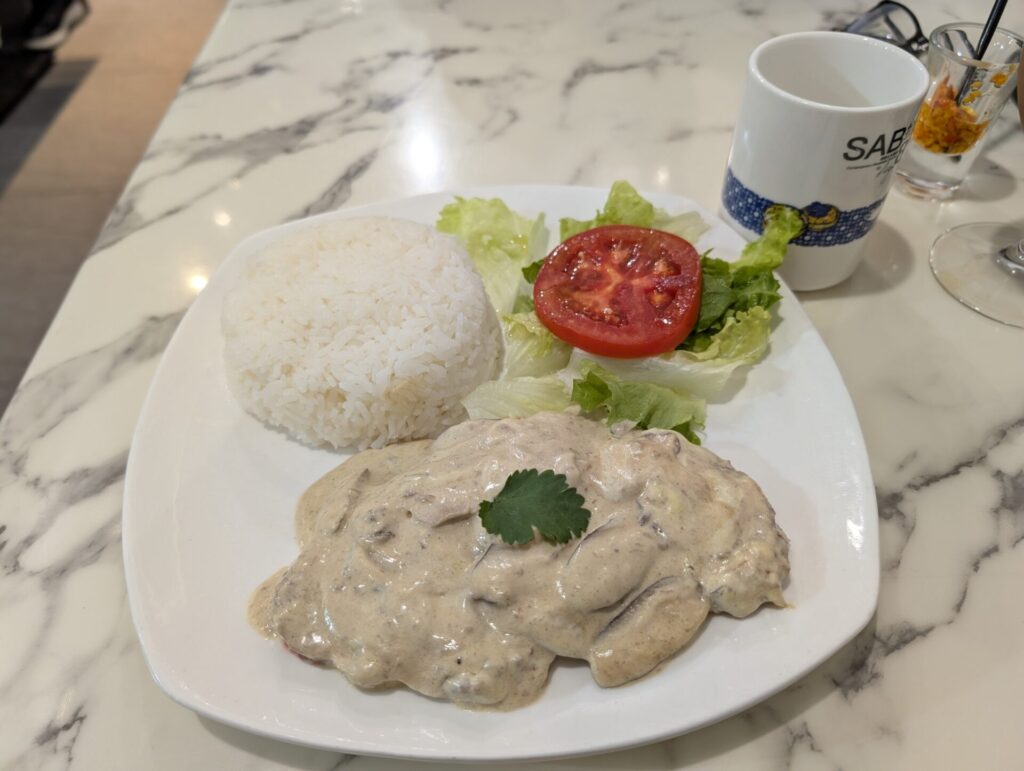
I have to admit that when I first thought about adding a visit to Macau to my trip to Hong Kong, one thing was on my mind: the casinos and resorts that define contemporary Macau. In truth, this is what most people imagine when they think of Macau, particularly across Asia as it is the only destination in China where you may gamble to your heart’s content. From the glittering MGM with its iconic lion statue to the romantic Eiffel Tower-clad Parisian, the variety of casinos is astounding, each offering a unique and opulent experience. I tried my hand in The Venetian, but upon leaving I found my bundle of cash reduced to a single, comically small coin. (Maybe it had something to do with the fact that this was my first time in a casino ever and all the machines were operating in Chinese.) Beyond the gaming tables, luxurious resorts dot the surprisingly beautiful beaches in the south, providing serene escapes with world-class amenities. These retreats, like the Grand Coloane Resort I stayed at, offer a tranquil counterpoint to the city’s vibrant casino scene. Regardless, the theme of contemporary Macau is clear: modern luxury.
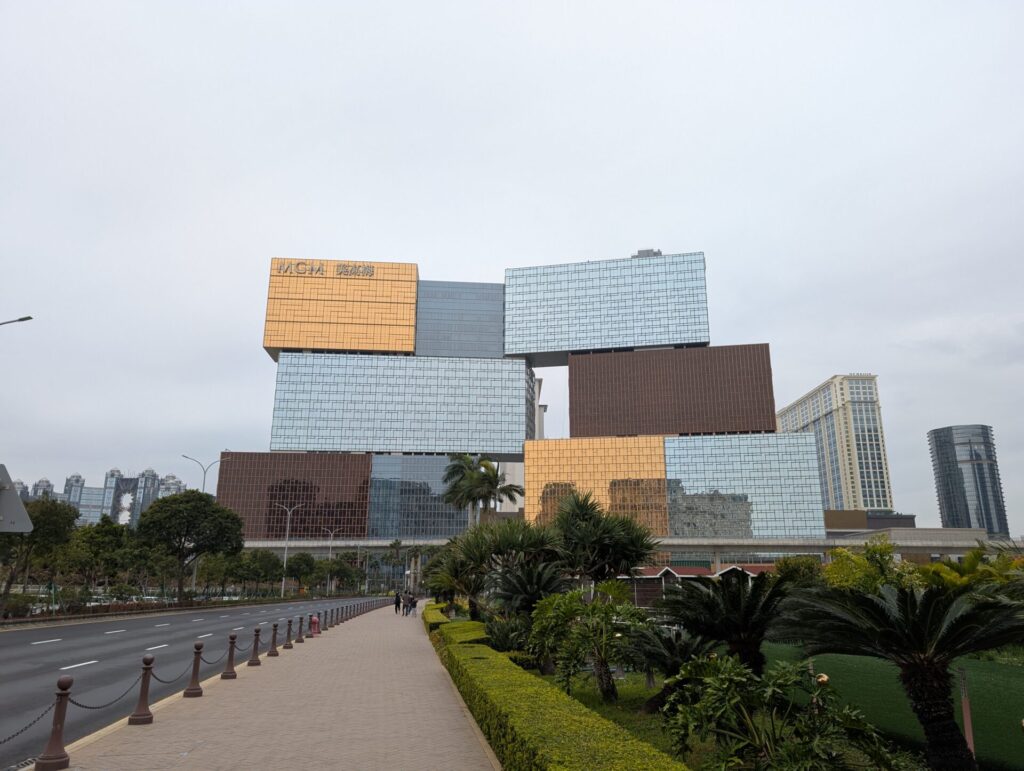
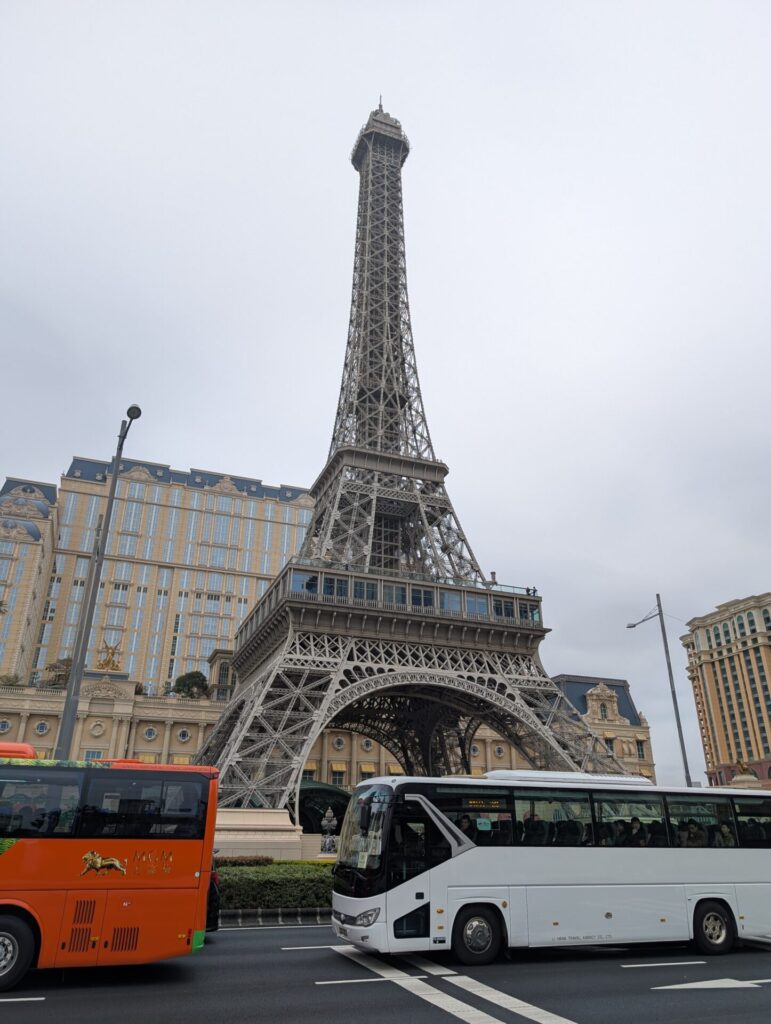
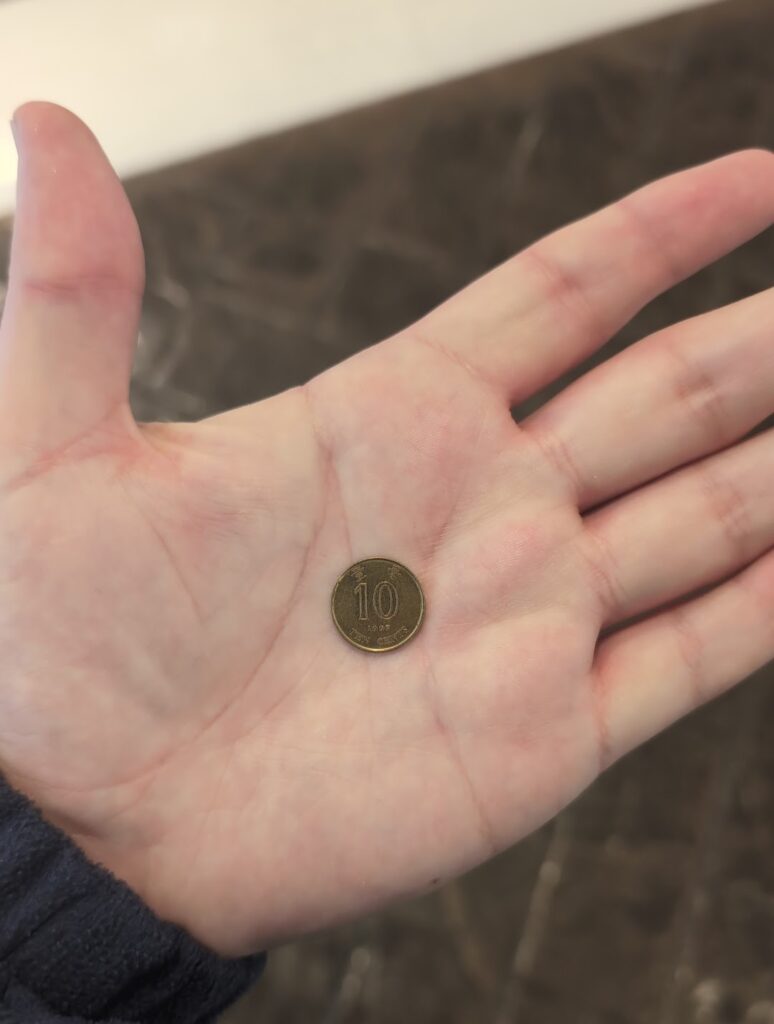
So, as you’ve likely gathered by now, both Hong Kong and Macau straddle a fascinating line, balancing their unique European heritage with the glimmering push for modernity that followed the resumption of Chinese sovereignty. The re-establishment of Chinese authority has brought more than economic development, however. In both Hong Kong and, particularly, Macau, one can observe the re-sinicization of these special administrative regions (SARs). It truly was surprising how much more like the mainland Macau was when compared to its sister across the bay. While Hong Kong still feels ‘British’ (speaking as a person who has never been to the UK), Macao’s European culture, beyond a few Portuguese schools, seems to have faded. As a graduate student focusing on the Greater China region, I find the ongoing transformation of Hong Kong and Macao fascinating; it serves as a powerful reminder of the enduring and ever-evolving influence of Chinese sovereignty on their future trajectories.
With that final thought, I have now wrapped up the coverage of my trip to Hong Kong and Macau in February. Now, a few quick updates. First, I want to issue a small apology for sending this post out so late in the week; making sure I am prepared for my trip on Monday is taking up more bandwidth than I expected. Regardless, on April 8th I will reveal this mystery destination and share a collection of photos with you all. Then, the following week I’ll discuss tea culture in Taiwan before diving into my trip at the end of the month. Thank you all for your patience and for taking the time to read!
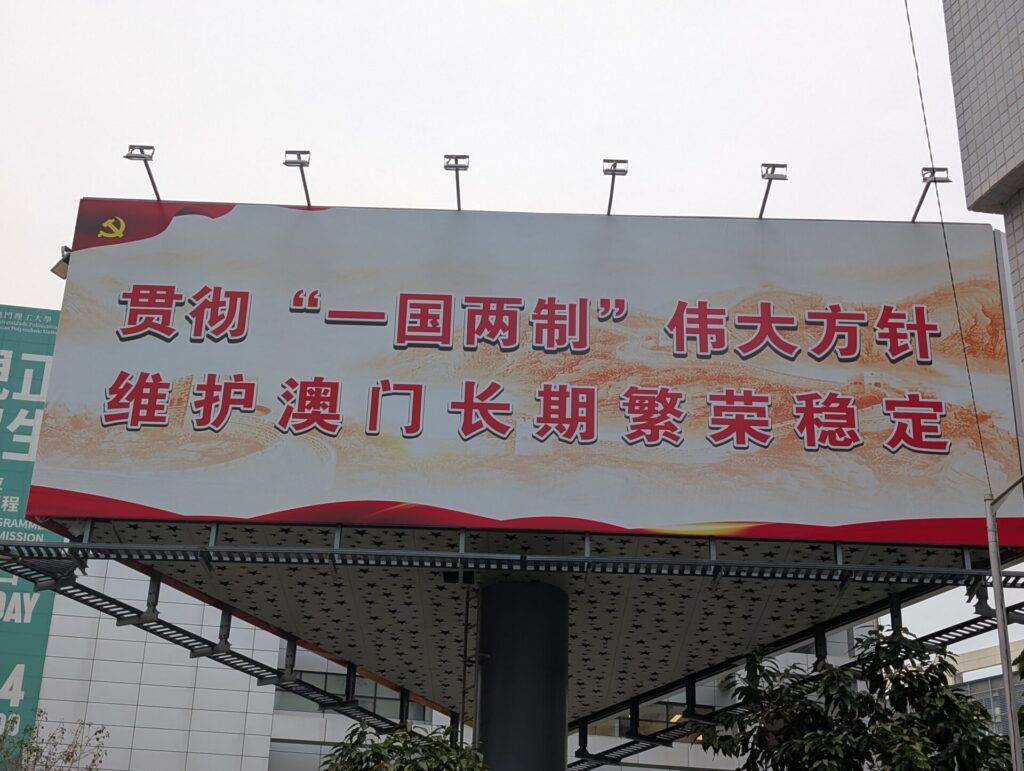

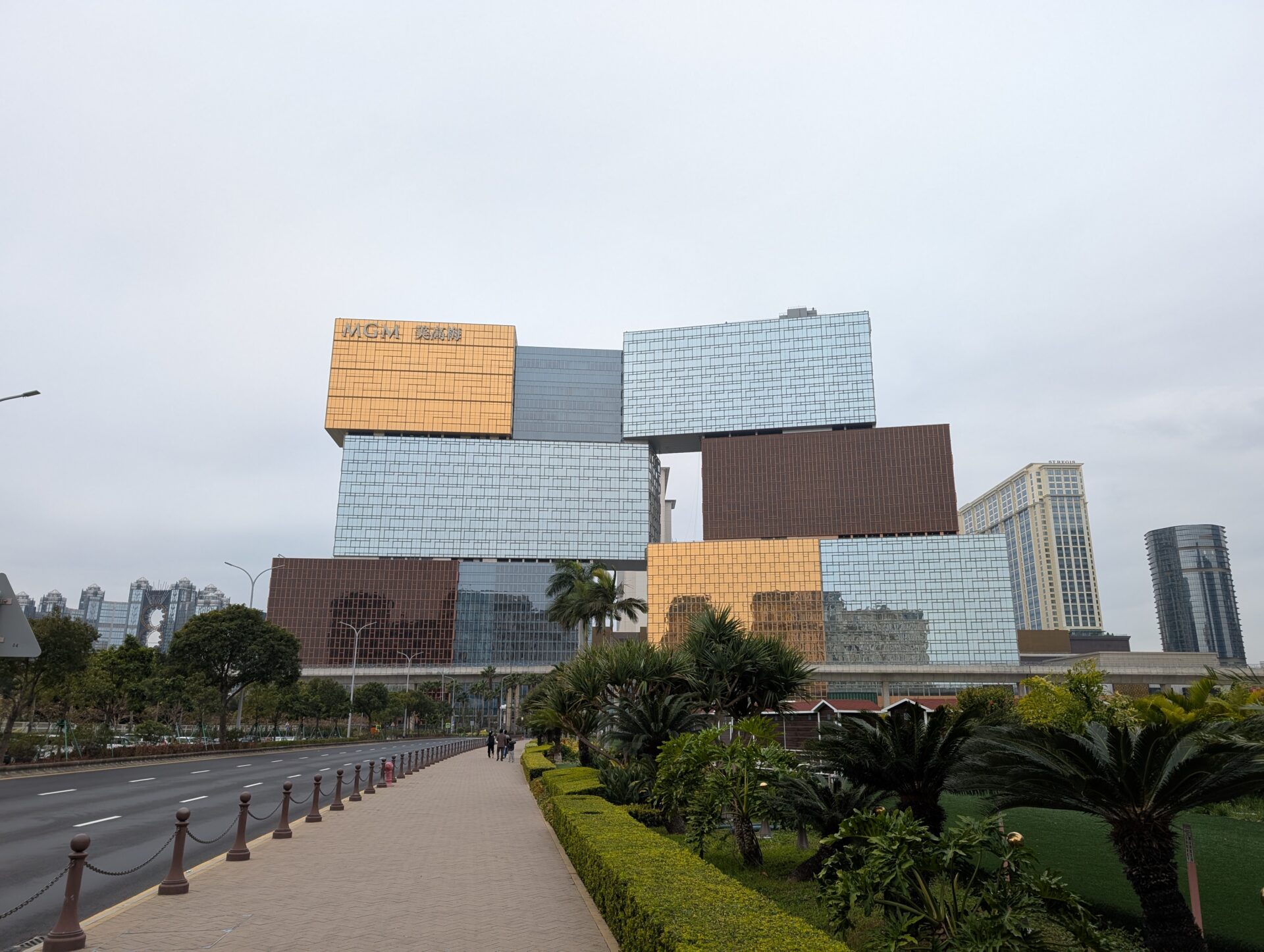
Leave a Reply